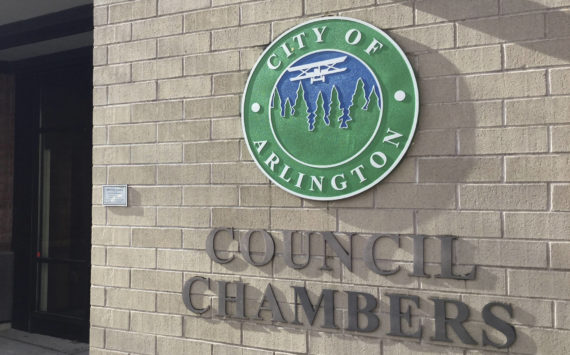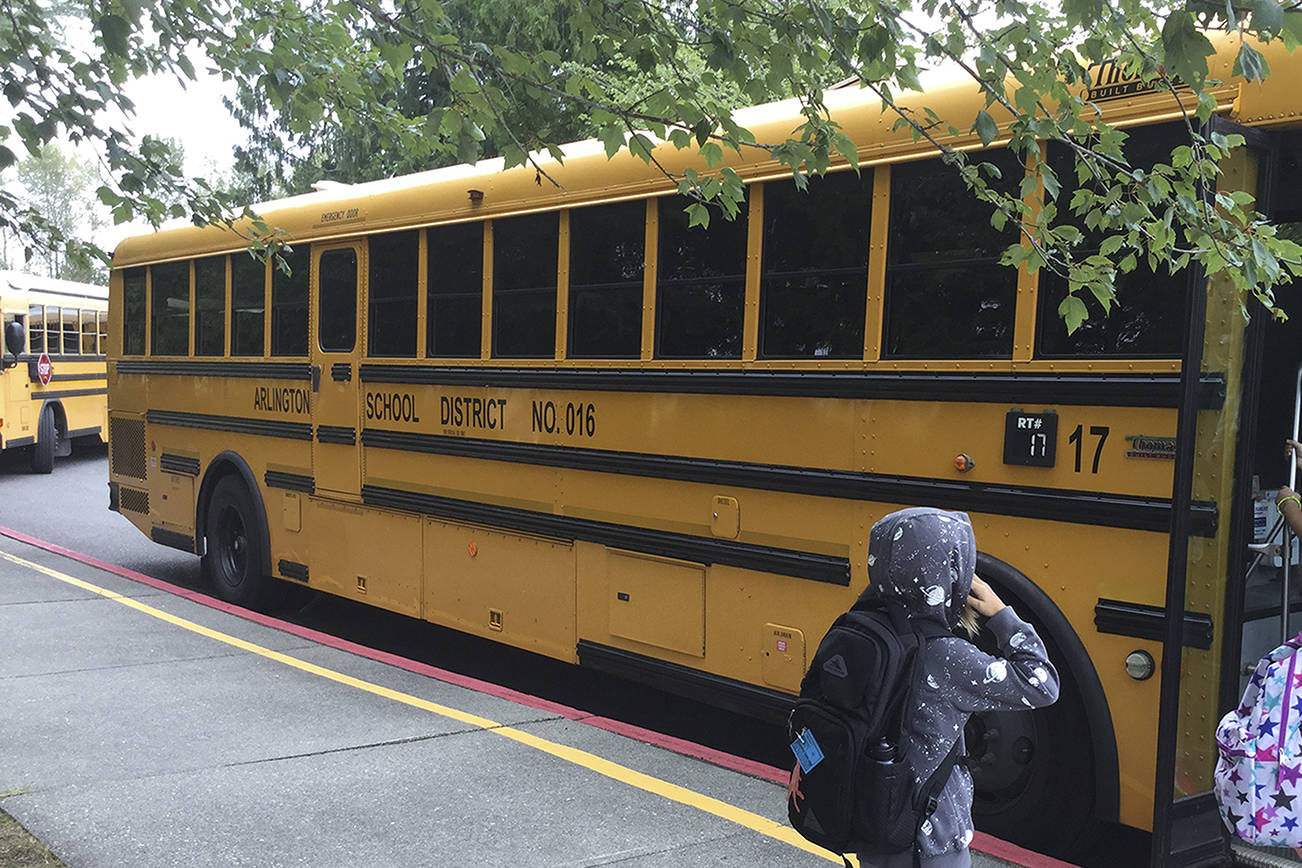By Douglas Buell
dbuell@arlingtontimes.com
ARLINGTON – City officials are exploring a diversion program that would help chronic low-level offenders caught in the revolving door of justice as an alternative to jail time.
Called Community Court, the program is aimed at repeat offenders charged with “quality of life” crimes, such as trespassing, loitering, camping, drug paraphernalia and petty theft.
Those crimes are most-often linked with homelessness. Instead of punishment, the court would provide offenders with access to social services that would help them get lives back on track.
Arlington Police Chief Jonathan Ventura and a team of legal and social service experts recently toured Spokane’s Community Court, an award-winning model that bears many similarities to Arlington’s situation.
“I came back with a new appreciation for the concept,” Ventura said. “I would like to see if there’s a way we can plant the seed here in Snohomish County. The concept is great.”
In speaking with the judge, prosecutors, defense attorneys and others involved in Spokane’s court, they said the program has been effective as a way to address homelessness while reducing jail costs that local governments grapple with due to repeat low-level criminal offenders filling up bed space that should be reserved for more-hardened criminals.
“We’re sentencing these individuals to life in prison twenty days at a time,” Ventura said. “We need to do better than that.”
Attorney Christine Frausto works for Feldman &Lee in Marysville. The criminal law firm provides contracted public defender services in Marysville Municipal Court for Marysville, Arlington and Lake Stevens. She has been a leading voice with a team of law, justice and social service agencies seeking to establish a Community Court in the north county.
The way the court would work, a potential offender would be referred either by police or through parties in court. Instead of hearing the case in court, it would be held in a room at a community center, library or other less-intimidating facility, Frausto said.
Another room would be set up next door, with social service partners and case monitoring available to help defendants gain access to services ranging from housing and treatment for drug addition, to the simple but necessary items like bus passes and personal identification.
A Stipulated Order of Continuance would be drawn up between the parties for up to 90 days indicating that if the defendant completes a series of conditions – including community service – the case would be dismissed.
If a defendant sticks to the agreement – committing no new crimes, using recommended services, showing up for progress updates and doing community service, the case would be dismissed.
Frausto said community service is a key component.
“The idea is if you feel pride in your community, you’ll feel more committed to keeping it looking nice,” Frausto said.
Investigator Daniel Blue with Feldman Lee cited the example of a worker who was performing his community service picking up litter. When the man finished, he made the connection between littering and the trash he left behind when he was involved in drug activity.
Blue said Spokane has a 68 percent dismissal rate among those who completed their court agreement.
In addition to helping offenders, Community Court can also reduce jail and inmate medical costs, while reducing court caseloads and the frequency of repeat offenses, Frausto said.
Ventura said Arlington has 400 active arrest warrants, high for a city its size. Most of those warrants are for low-level offenses. “We can take all those warrants, put them under one umbrella, and do what we can do to get those offenders out of the cycle,” he said.
Ventura said that jail costs can run up to as much as $200 a day in the Marysville and Snohomish County jails that Arlington uses.
Money to fund a Community Court is an issue, Blue said. He and Frausto would like to see the court started as a pilot project while they seek out grant funding from the federal Justice Department or other agencies.
But, Blue added, “It’s a human issue, too, something that’s going to get worse if it isn’t addressed.”
He said the concept is still early in the process, so Community Court would not likely get underway until at least next summer.
Frausto and Blue will give a presentation about the benefits of the court at the Arlington City Council meeting Nov. 14.







